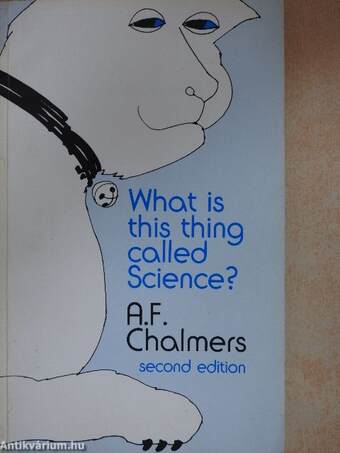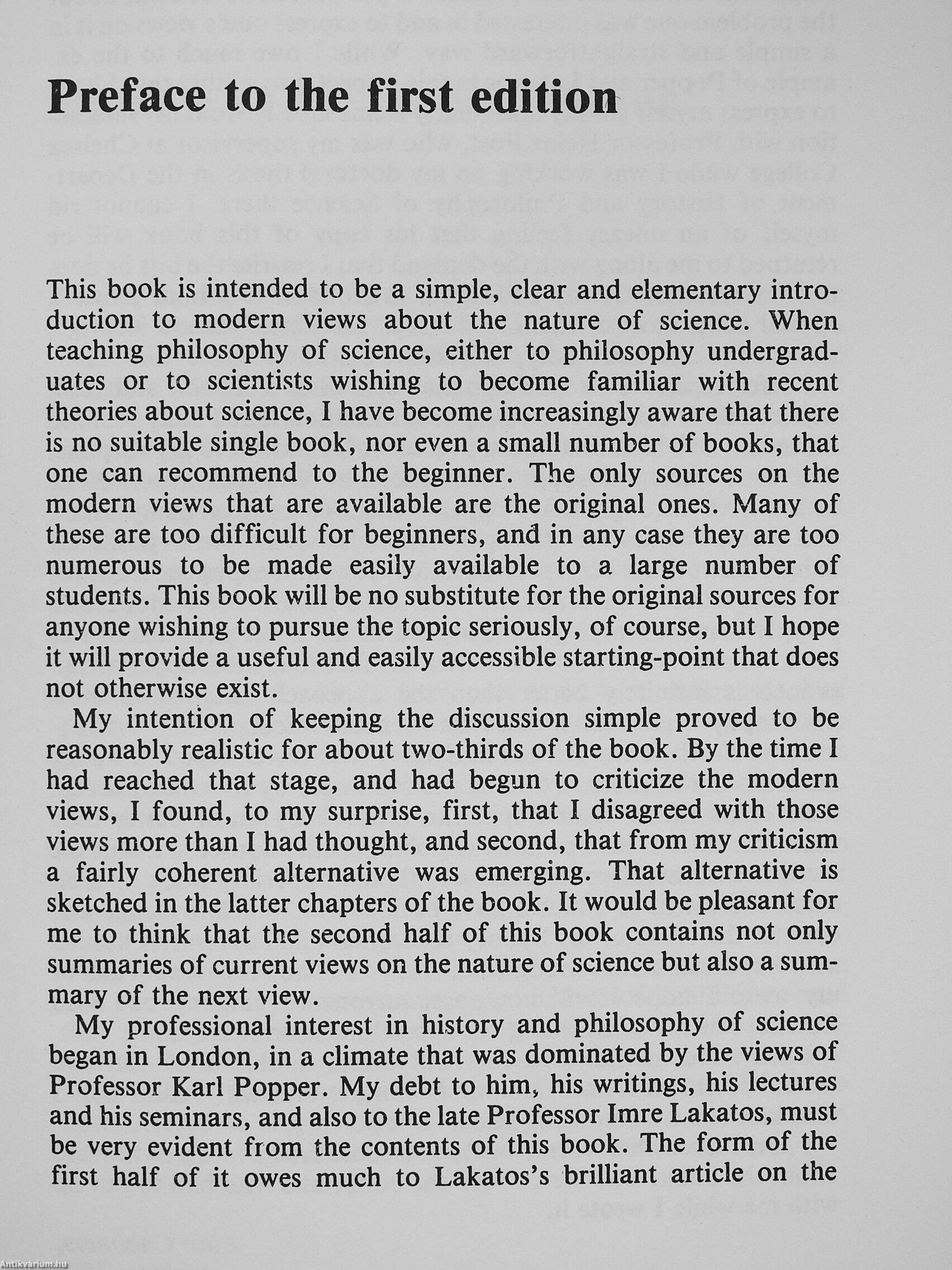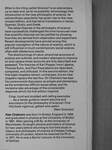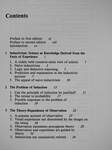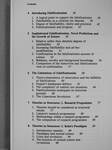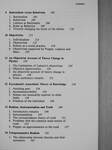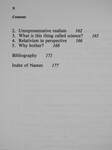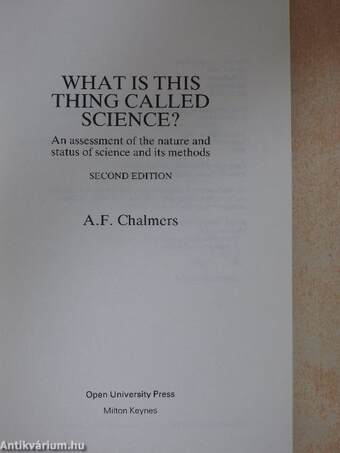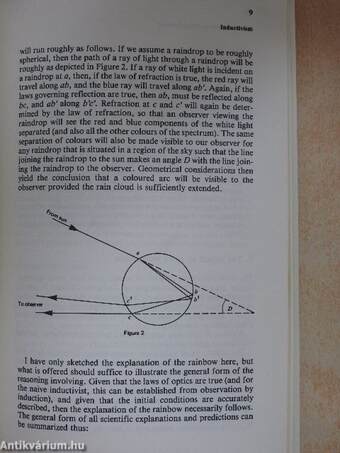1.067.715
kiadvánnyal nyújtjuk Magyarország legnagyobb antikvár könyv-kínálatát

VISSZA
A TETEJÉRE
JAVASLATOKÉszre-
vételek
What Is This Thing Called Science?
An assessment of the nature and status of science and its methods
| Kiadó: | Open University Press |
|---|---|
| Kiadás helye: | Buckingham |
| Kiadás éve: | |
| Kötés típusa: | Ragasztott papírkötés |
| Oldalszám: | 179 oldal |
| Sorozatcím: | |
| Kötetszám: | |
| Nyelv: | Angol |
| Méret: | 21 cm x 14 cm |
| ISBN: | 0-335-10107-0 |
| Megjegyzés: | 2. kiadás. Fekete-fehér ábrákkal. |
naponta értesítjük a beérkező friss
kiadványokról
naponta értesítjük a beérkező friss
kiadványokról
Előszó
TovábbFülszöveg
What is this thing called Science? is an elementary, up-to-date and, as far as possible, terminology-free introduction to the new philosophy of science. Its extraordinary popularity has given rise to this new, revised edition, and has led to translations in Italian, Spanish, Dutch, and Greek.
The latest theories in the philosophy of science have successfully challenged the time-honoured view that scientific theories can be justified by showing how they are derived from observation and experiment. Recent developments have proved wrong this popular conception of the nature of science, which is still influential in much contemporary social science, often with deleterious results.
The shortcomings of naive, empiricist accounts of science are outlined, and modern attempts to improve on and replace these accounts are fully described and assessed. The theories of Karl Popper, Imre Lakatos, Thomas Kuhn, and Paul Feyerabend are described, compared, and criticized. In this second edition,... Tovább
Fülszöveg
What is this thing called Science? is an elementary, up-to-date and, as far as possible, terminology-free introduction to the new philosophy of science. Its extraordinary popularity has given rise to this new, revised edition, and has led to translations in Italian, Spanish, Dutch, and Greek.
The latest theories in the philosophy of science have successfully challenged the time-honoured view that scientific theories can be justified by showing how they are derived from observation and experiment. Recent developments have proved wrong this popular conception of the nature of science, which is still influential in much contemporary social science, often with deleterious results.
The shortcomings of naive, empiricist accounts of science are outlined, and modern attempts to improve on and replace these accounts are fully described and assessed. The theories of Karl Popper, Imre Lakatos, Thomas Kuhn, and Paul Feyerabend are described, compared, and criticized. In this second edition, the first eight chapters remain unchanged, but six new chapters replace the last four Dr Chalmers has kept his controversial discussion as simple and elementary as the sometimes difficult issues allow, and his revisions take advantage of the considerable response which his first edition inspired.
Crisp, lucid and studded with telling examples As a handy guide to recent alarums and excursions (in the philosophy of science) I find this book vigorous, gallant and useful.
(New Scientist)
Alan Chalmers was born in Bristol, England in 1939 and graduated in physics at the University of Bristol in 1961. After gaining a M.Sc. at the University of Manchester, he taught physics and history of science for two years before returning to full-time study in history and philosophy of science at Chelsea College, University of London, where he received his Ph.D. in 1971. He is now a Senior Lecturer at the University of Sydney. Vissza
Témakörök
- Filozófia > Témaköre szerint > Ismeretelmélet
- Filozófia > Témaköre szerint > Filozófiatörténet > Tanulmányok
- Idegennyelv > Idegennyelvű könyvek > Angol > Természettudományok > Egyéb
- Idegennyelv > Idegennyelvű könyvek > Angol > Művelődéstörténet
- Idegennyelv > Idegennyelvű könyvek > Angol > Filozófia > Témaköre szerint > Ismeretelmélet
- Idegennyelv > Idegennyelvű könyvek > Angol > Filozófia > Témaköre szerint > Filozófiatörténet > Tanulmányok
- Művelődéstörténet > Eszmetörténet > Tudományok
- Művelődéstörténet > Technikatörténet > Egyéb
- Természettudomány > Általános természettudomány > Kutatások, felfedezések
- Természettudomány > Általános természettudomány > Tanulmányok
- Természettudomány > Általános természettudomány > Tudomány
- Természettudomány > Általános természettudomány > Idegennyelvű > Angol
- Filozófia > Témaköre szerint > Tanulmányok, esszék
- Filozófia > Témaköre szerint > Szakfilozófiák
- Idegennyelv > Idegennyelvű könyvek > Angol > Filozófia > Témaköre szerint > Tanulmányok, esszék
- Idegennyelv > Idegennyelvű könyvek > Angol > Filozófia > Témaköre szerint > Szakfilozófiák
A. F. Chalmers
A. F. Chalmers műveinek az Antikvarium.hu-n kapható vagy előjegyezhető listáját itt tekintheti meg: A. F. Chalmers könyvek, művekMegvásárolható példányok
Nincs megvásárolható példány
A könyv összes megrendelhető példánya elfogyott. Ha kívánja, előjegyezheti a könyvet, és amint a könyv egy újabb példánya elérhető lesz, értesítjük.



